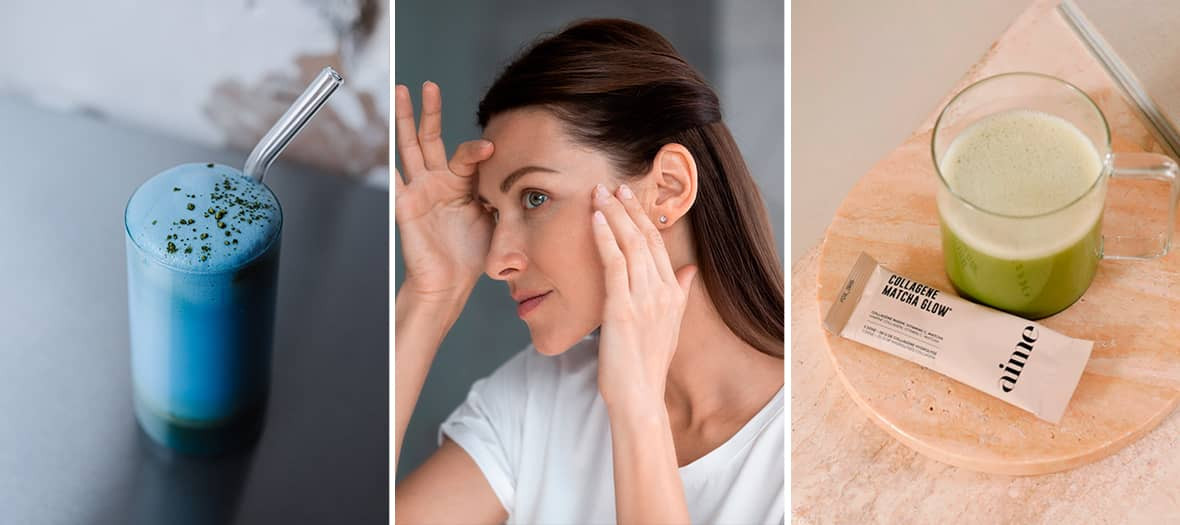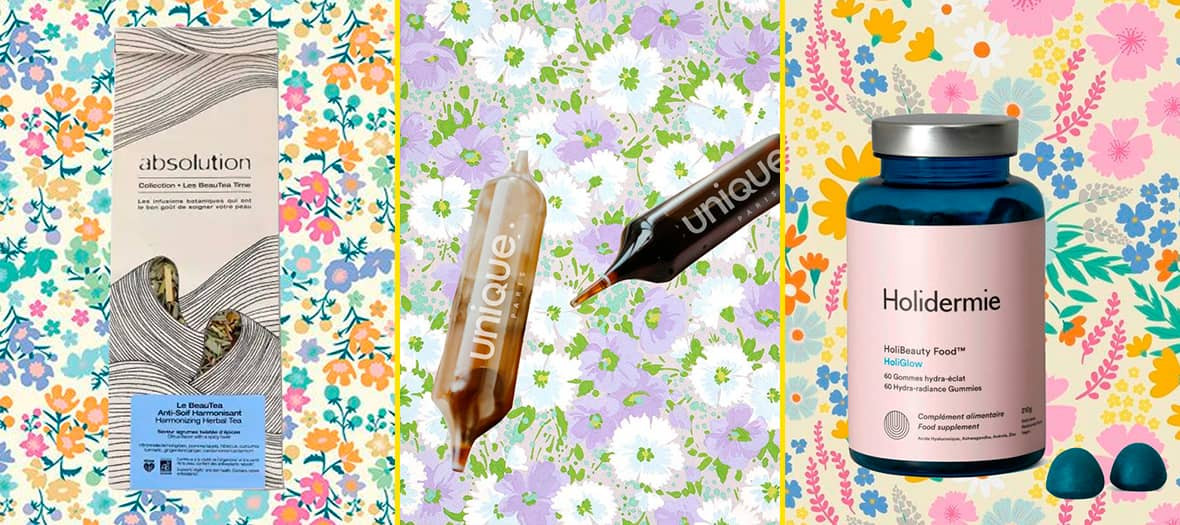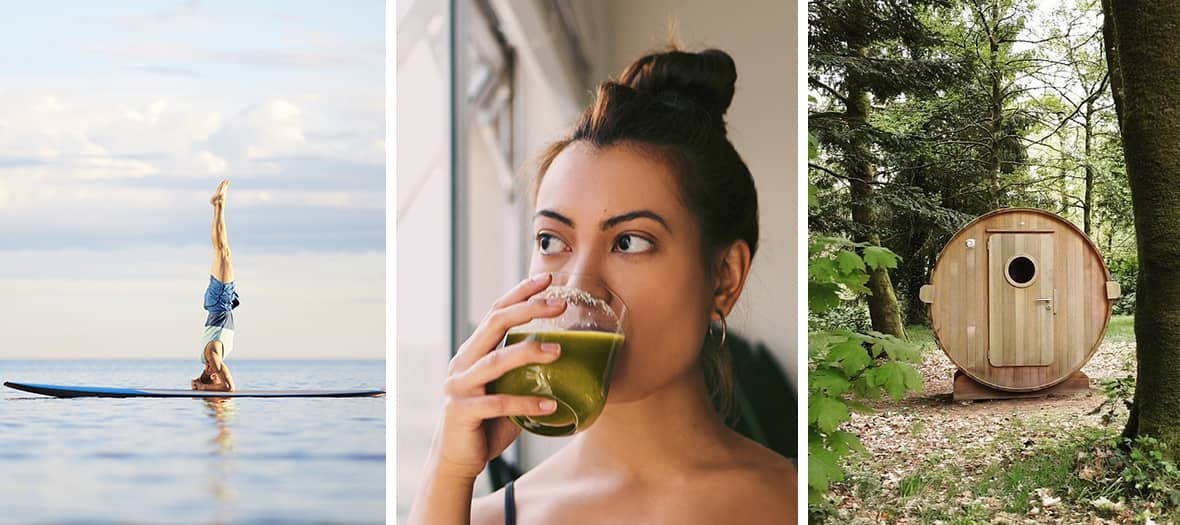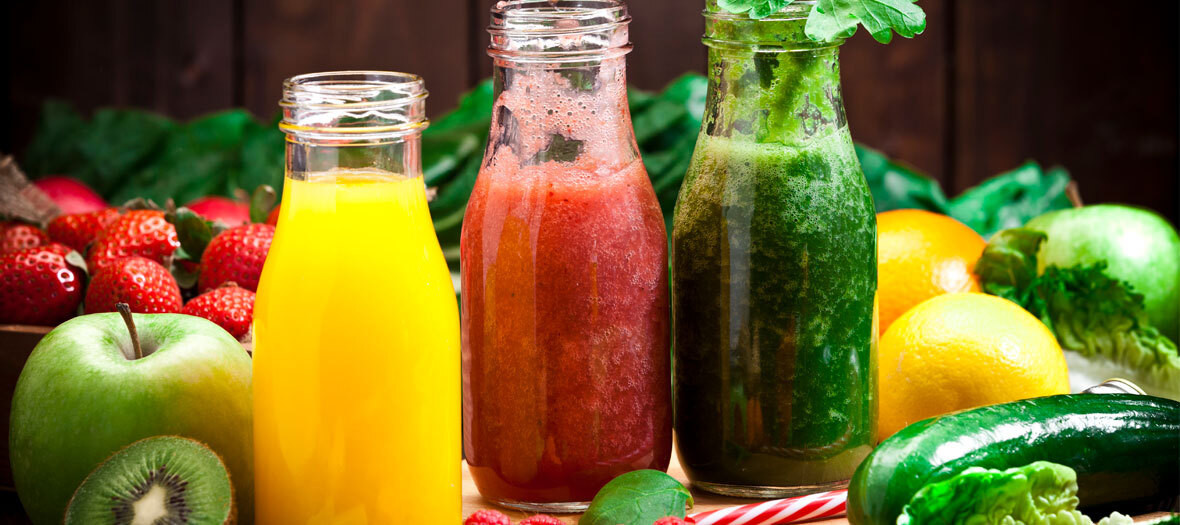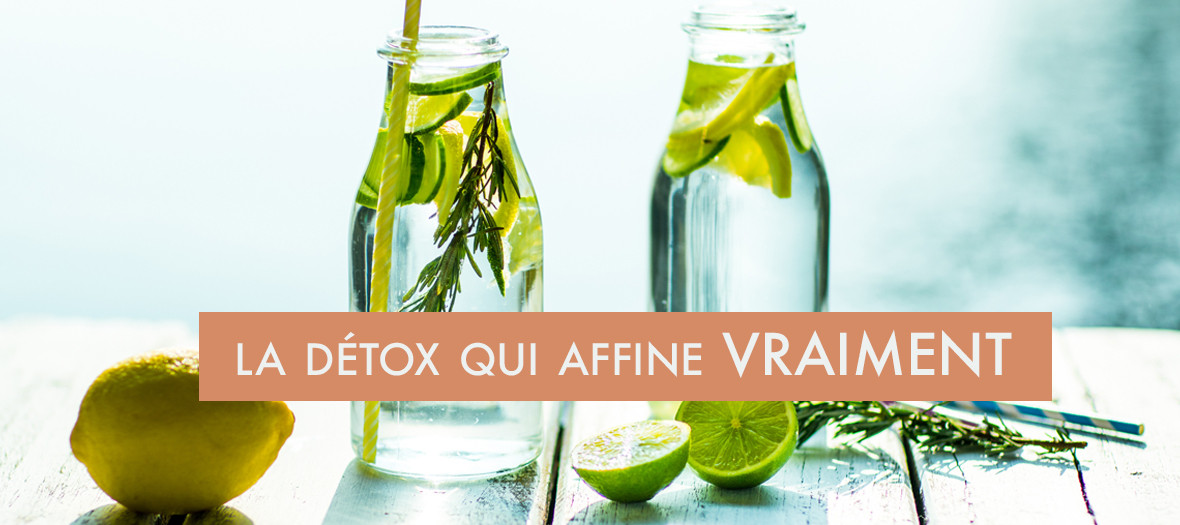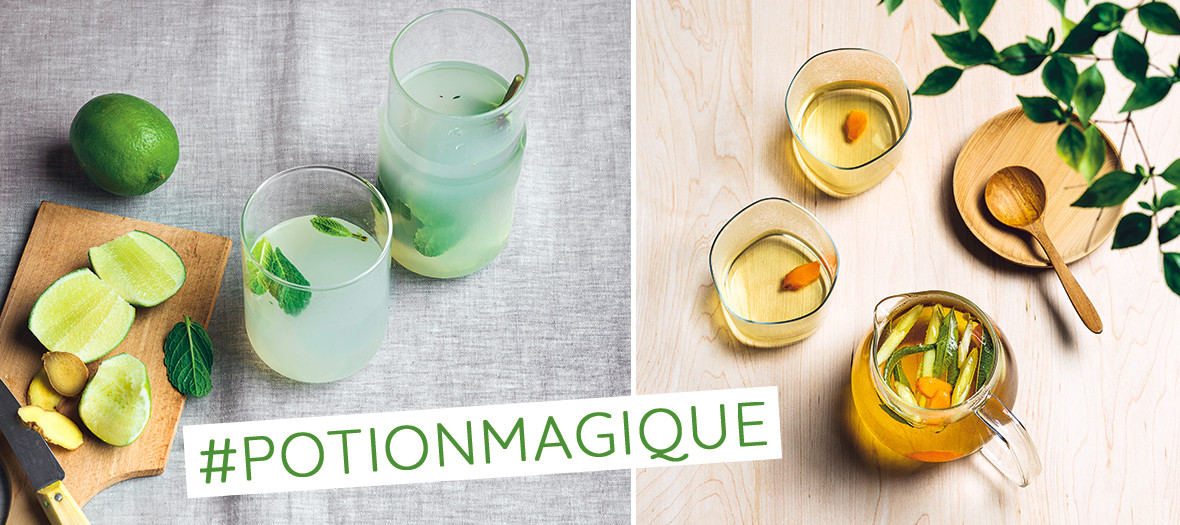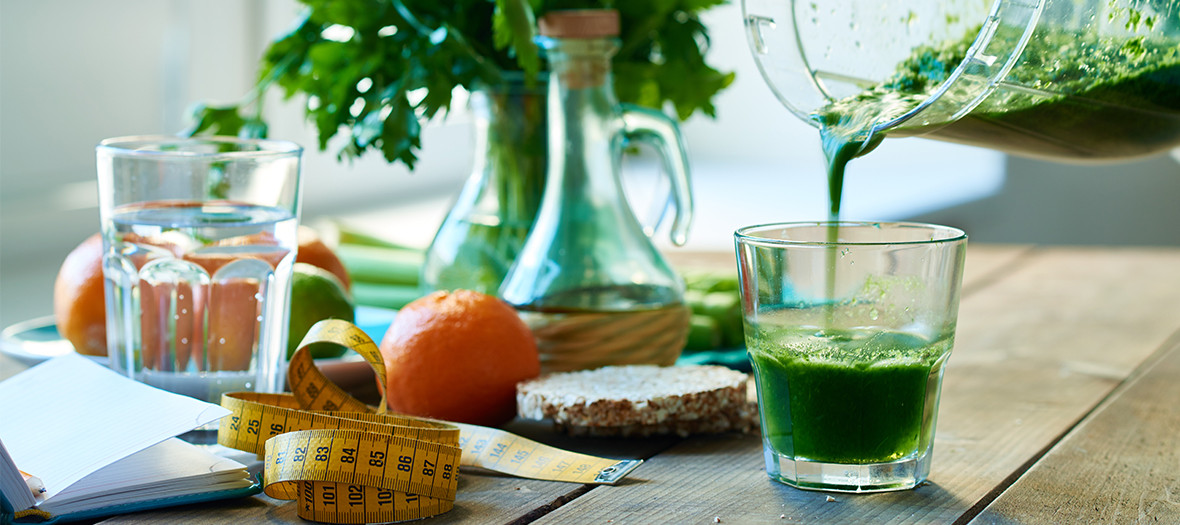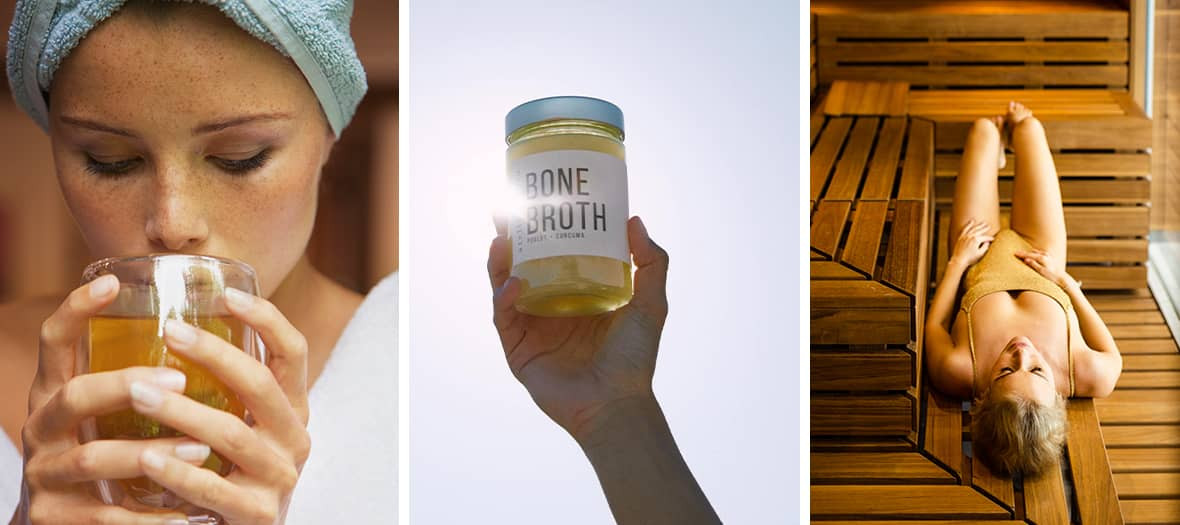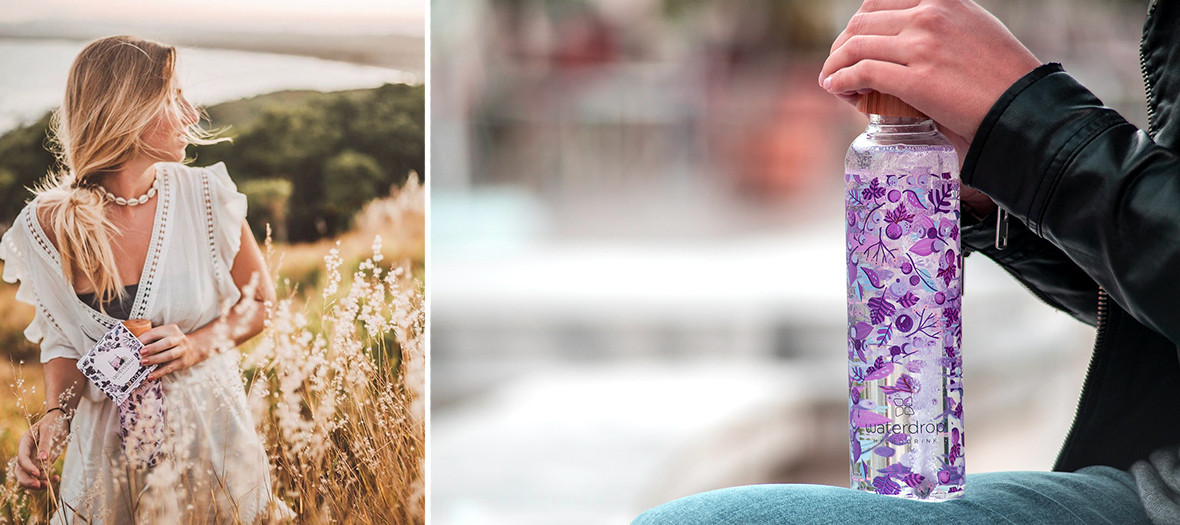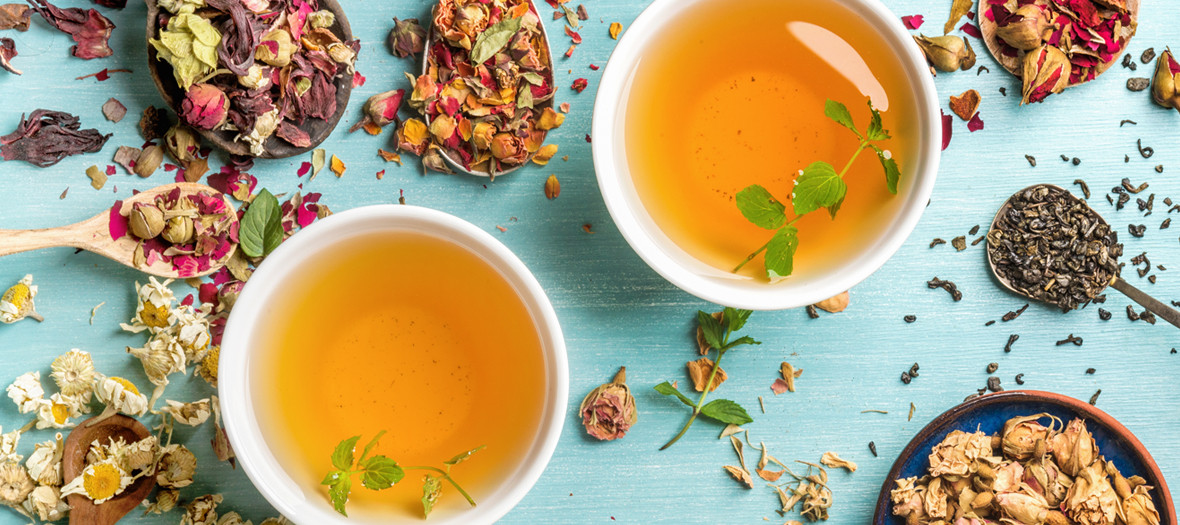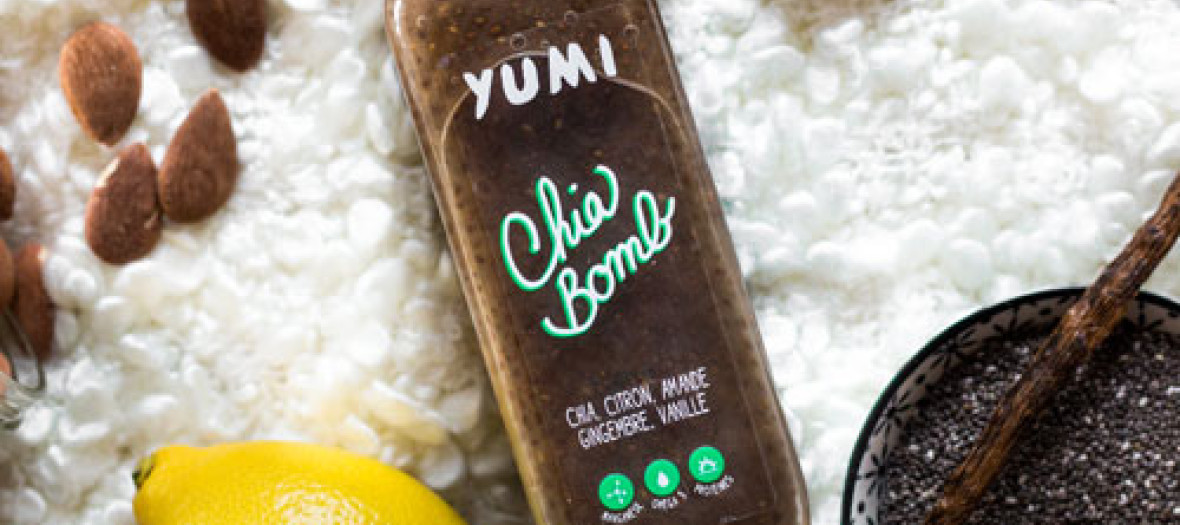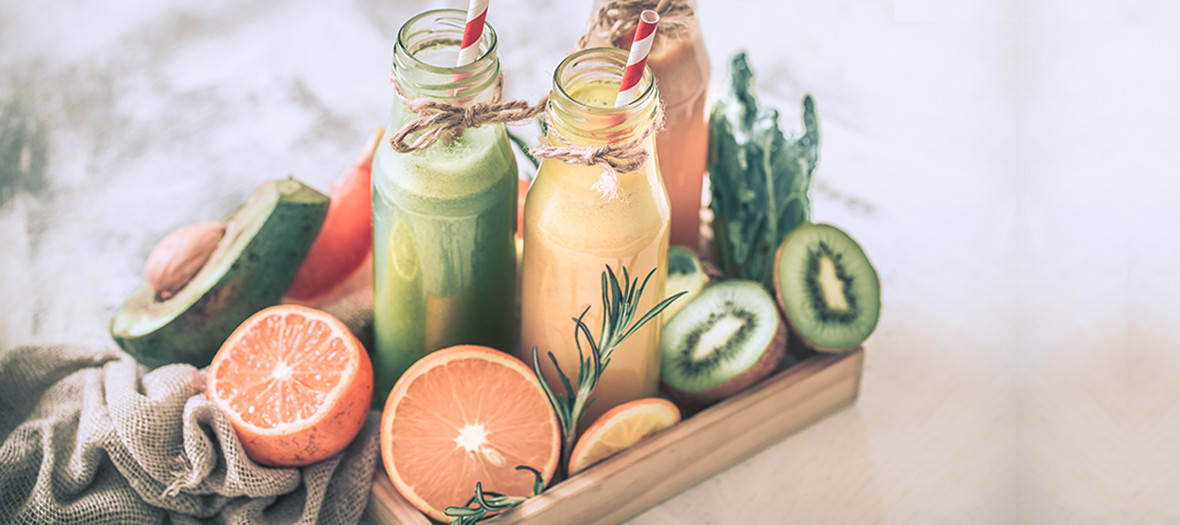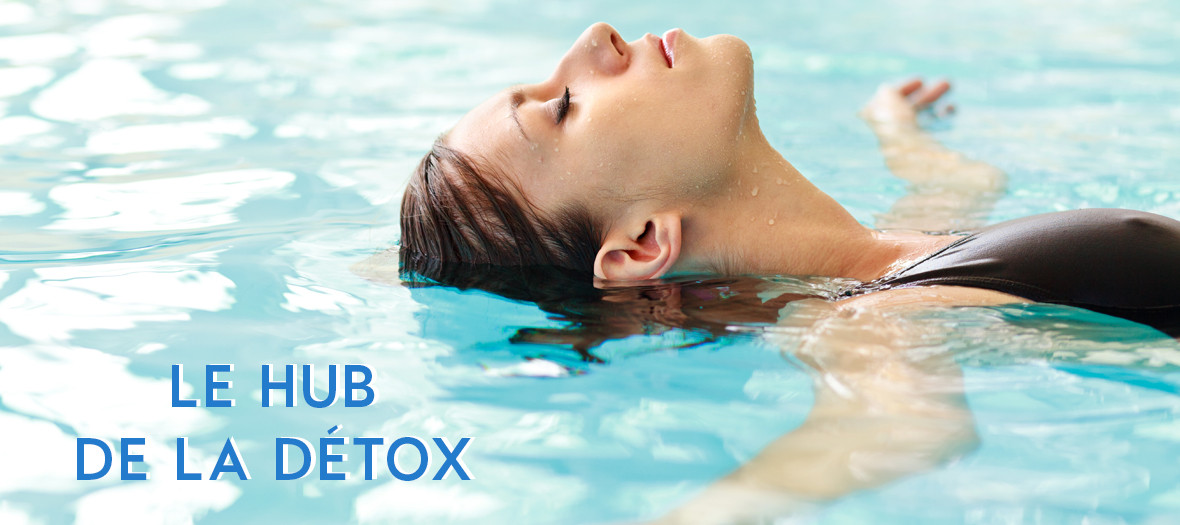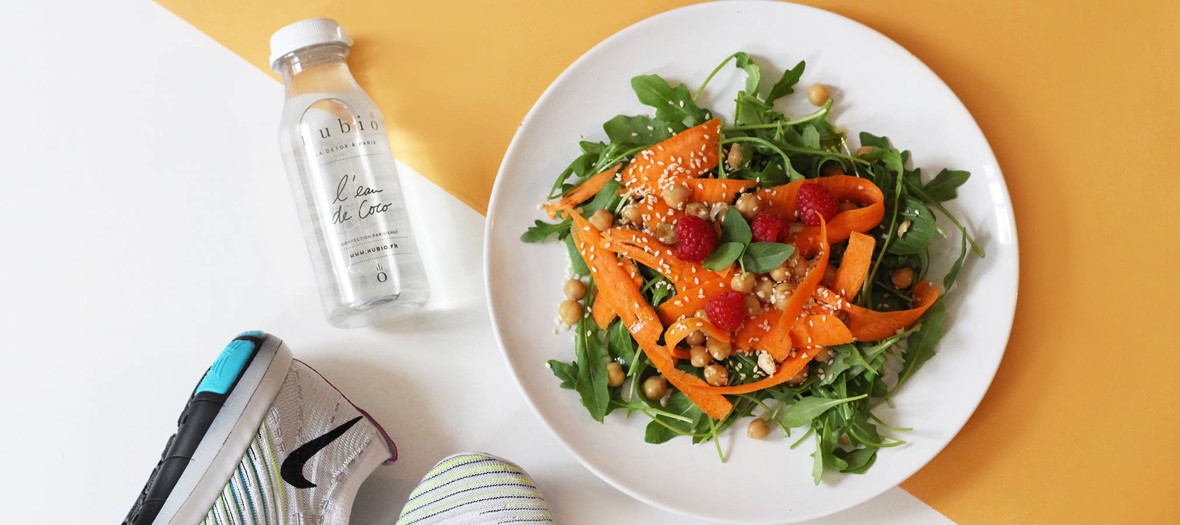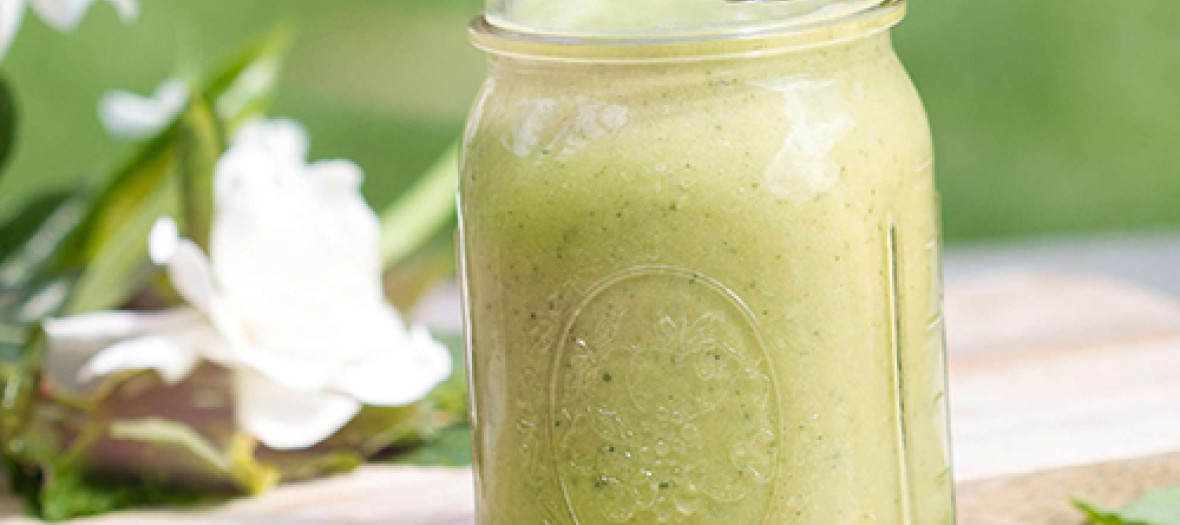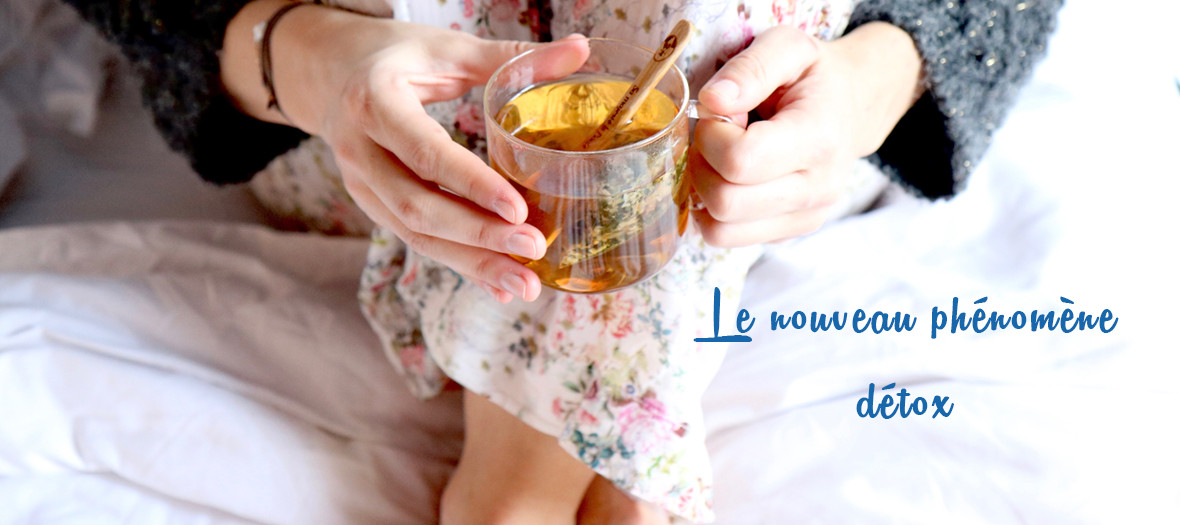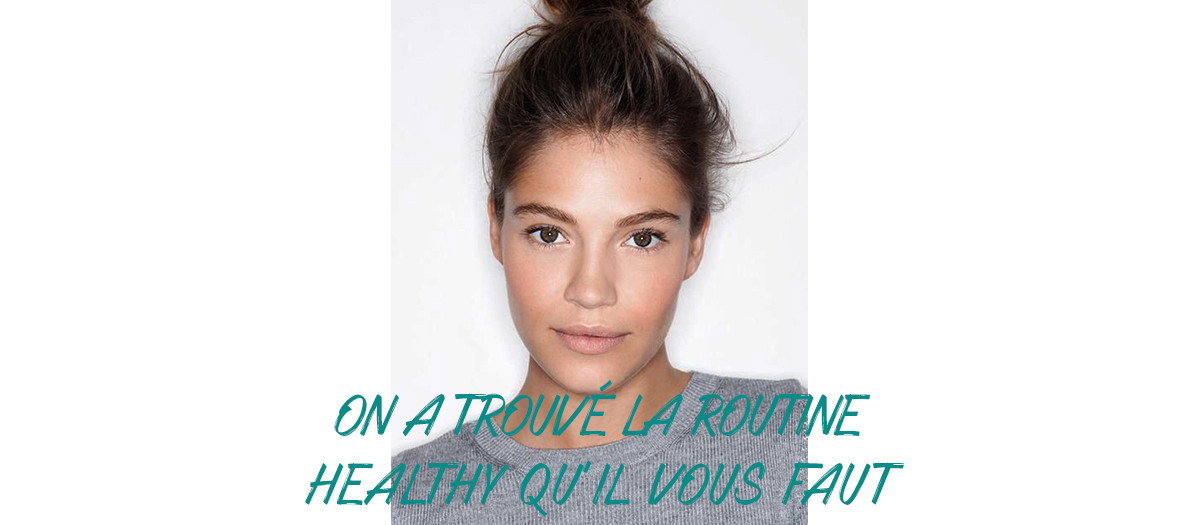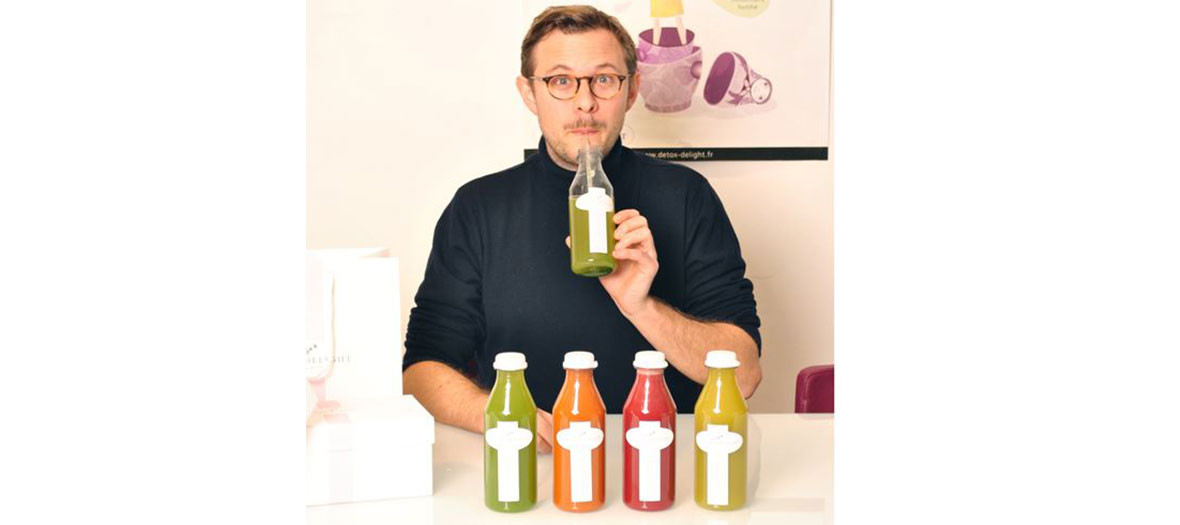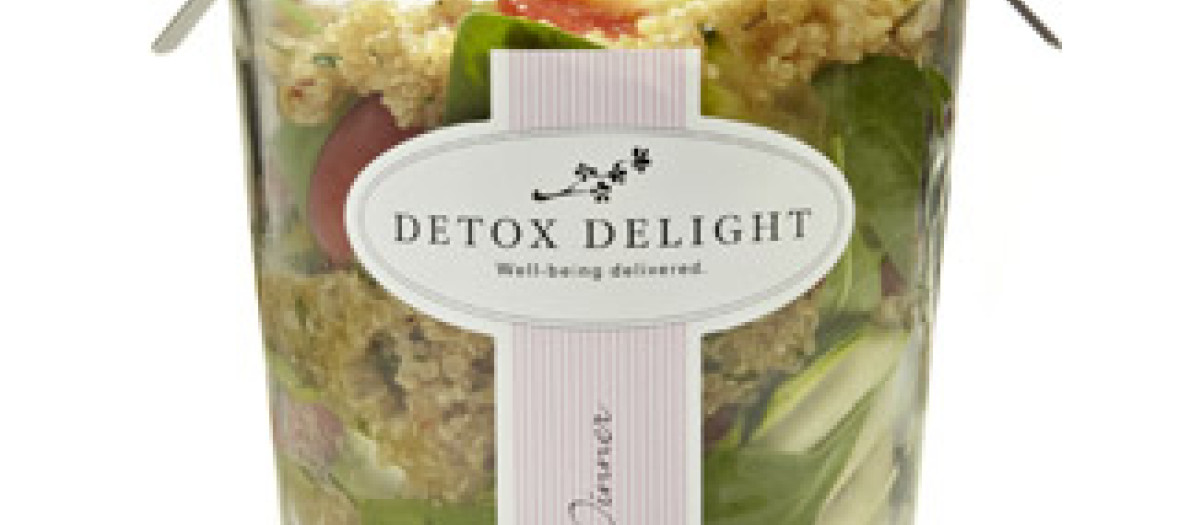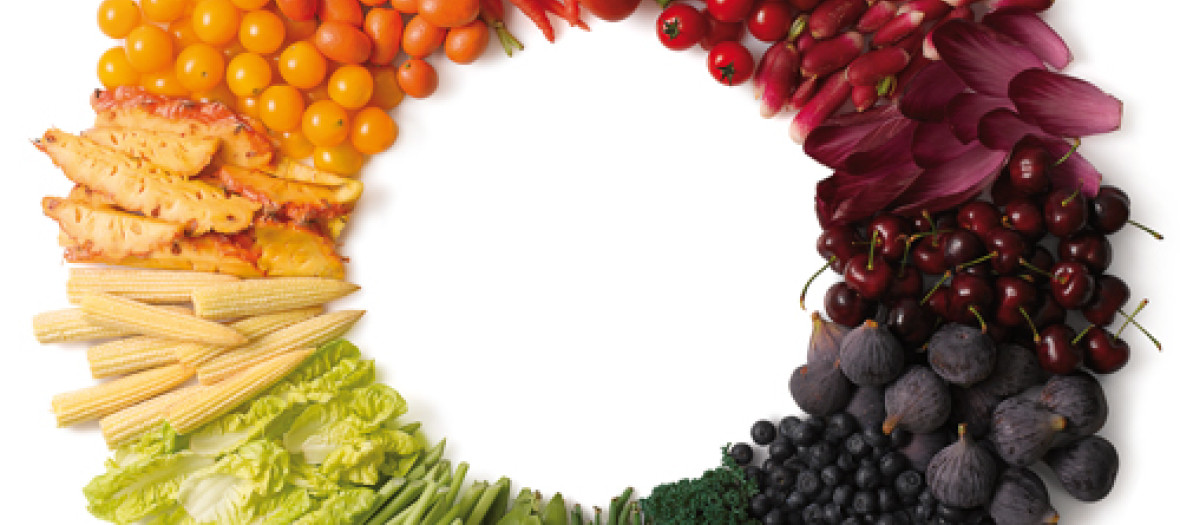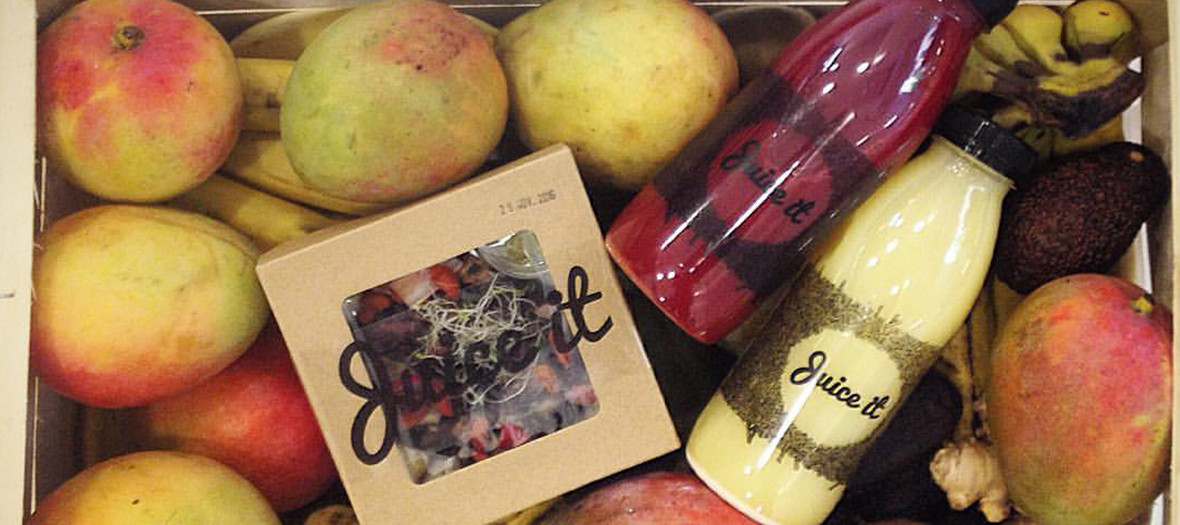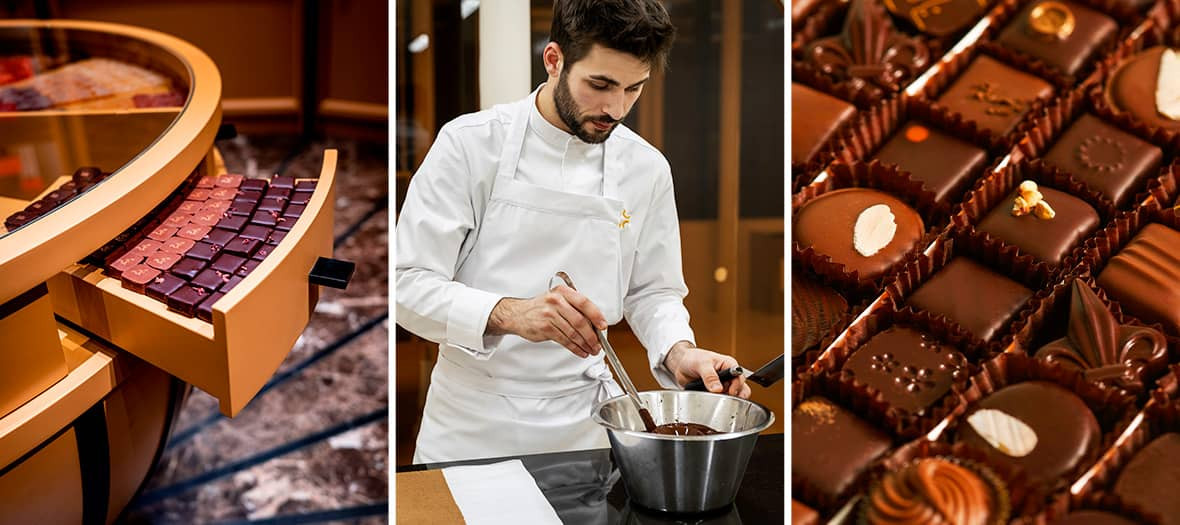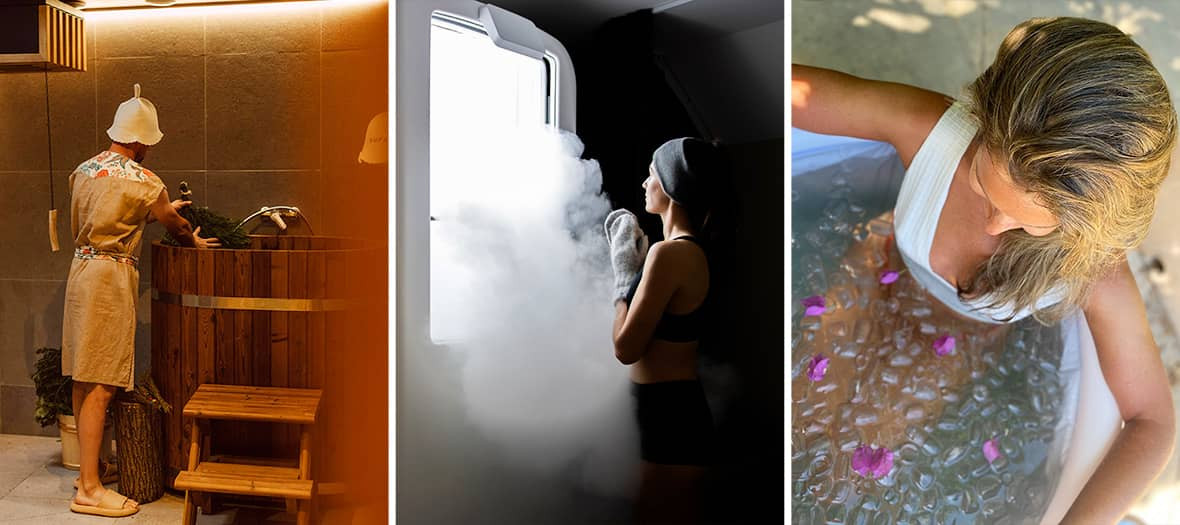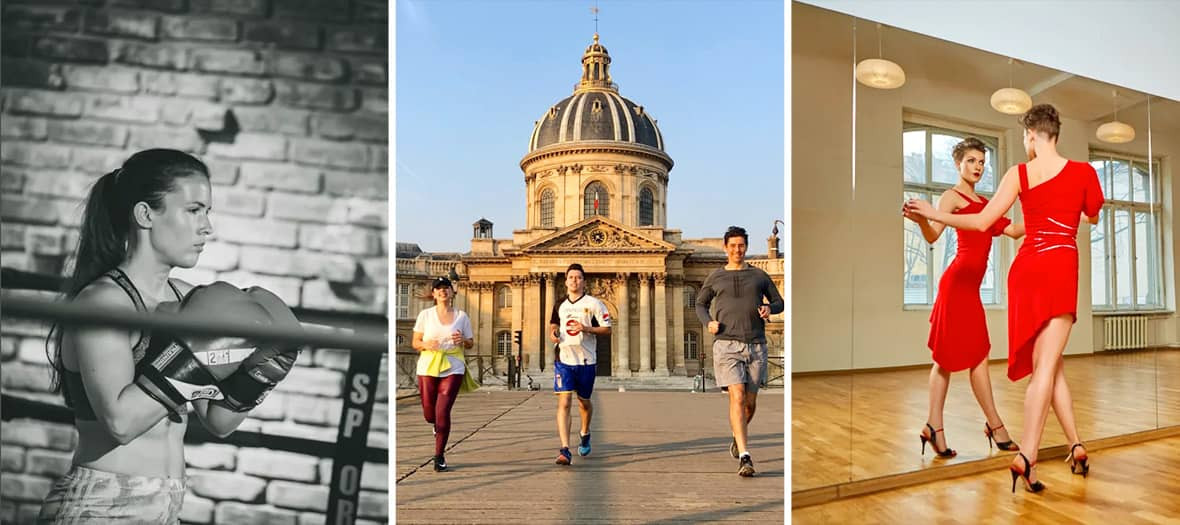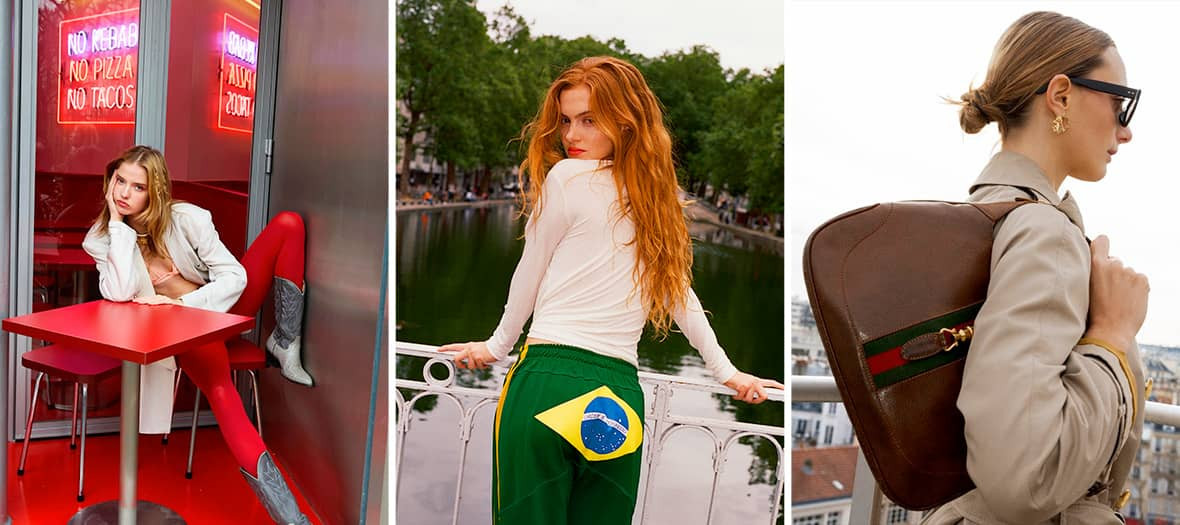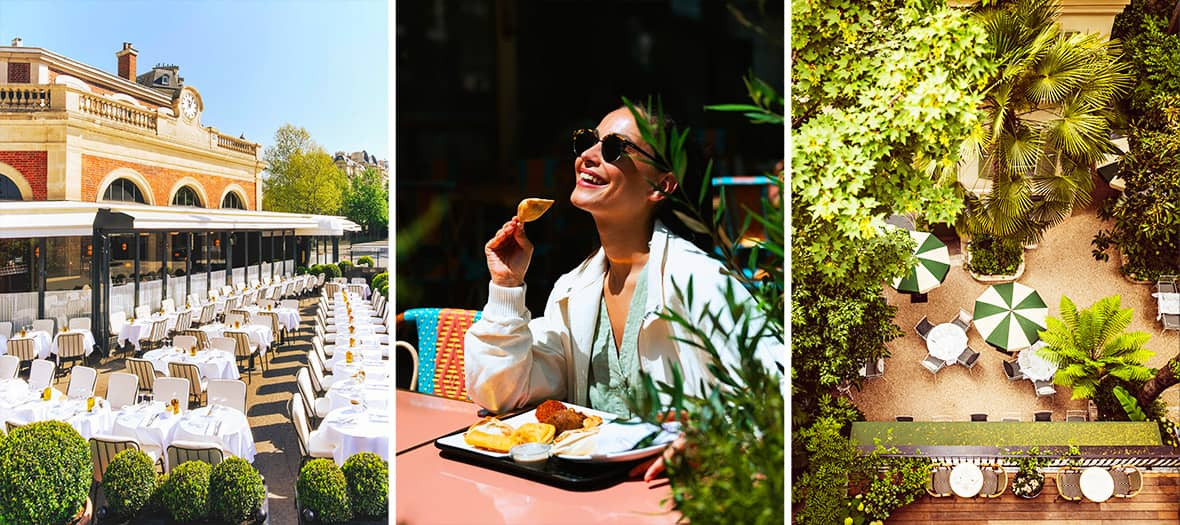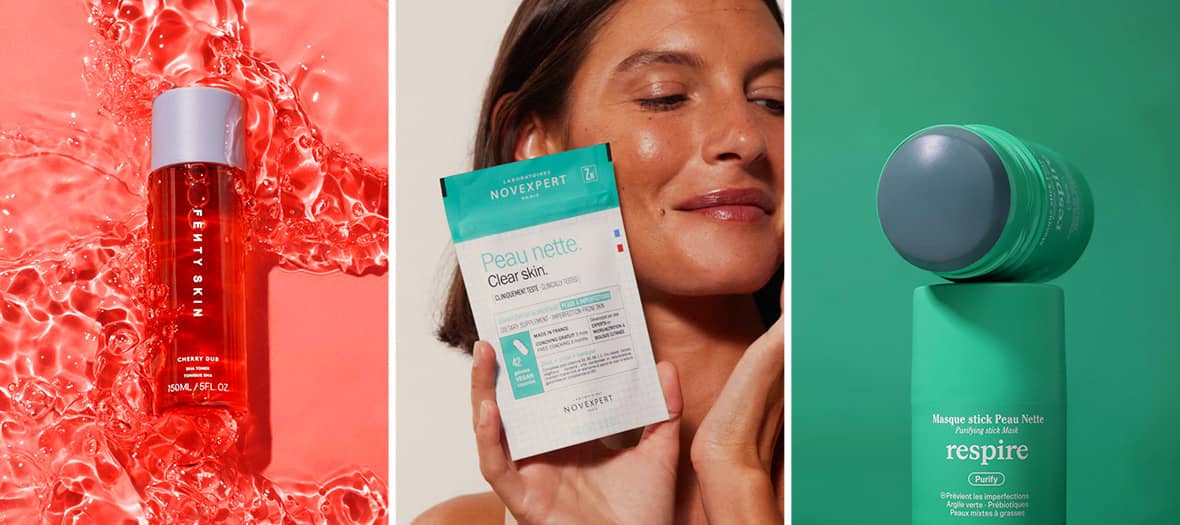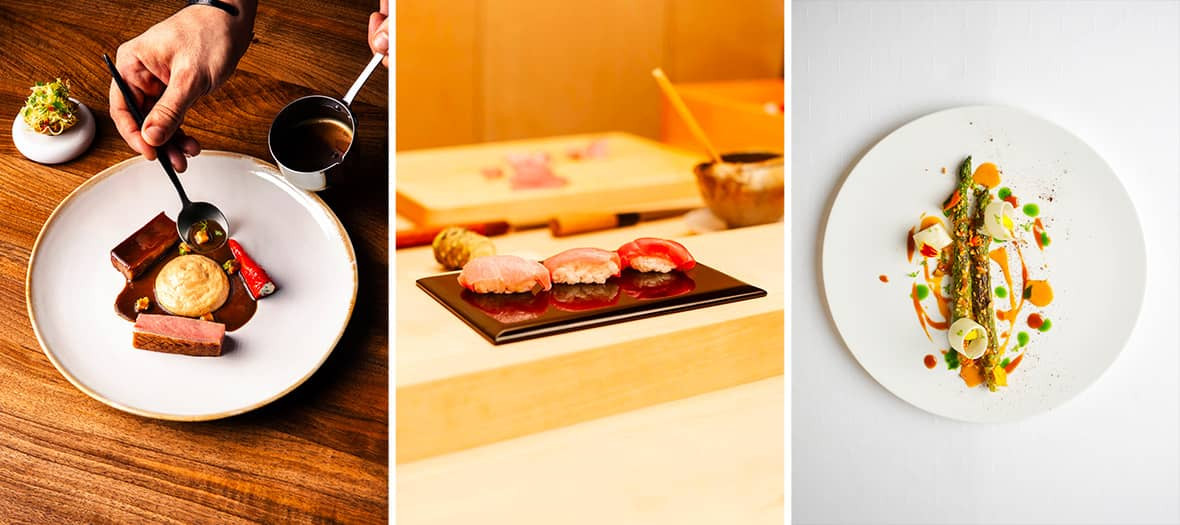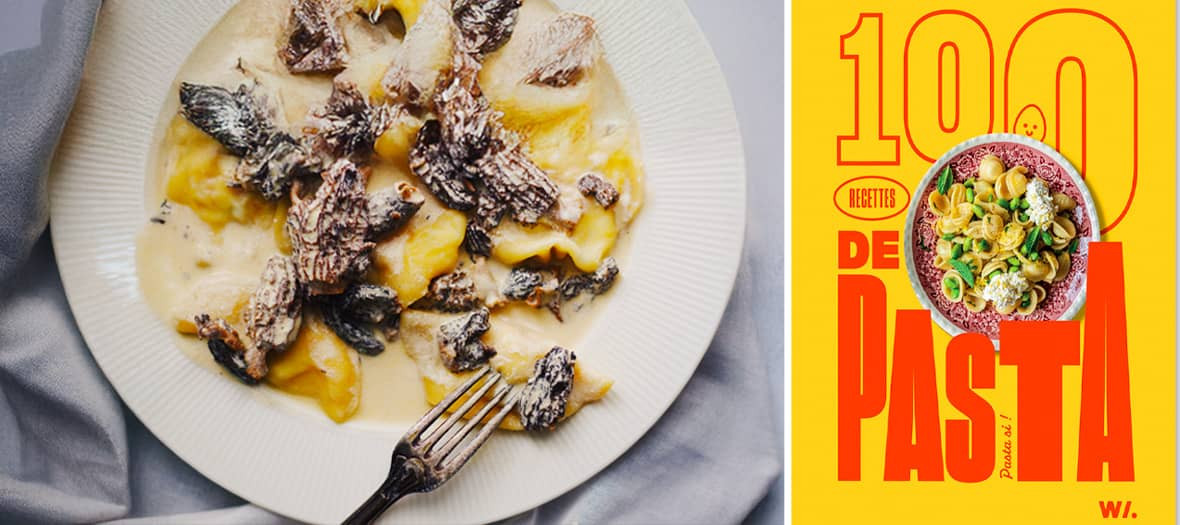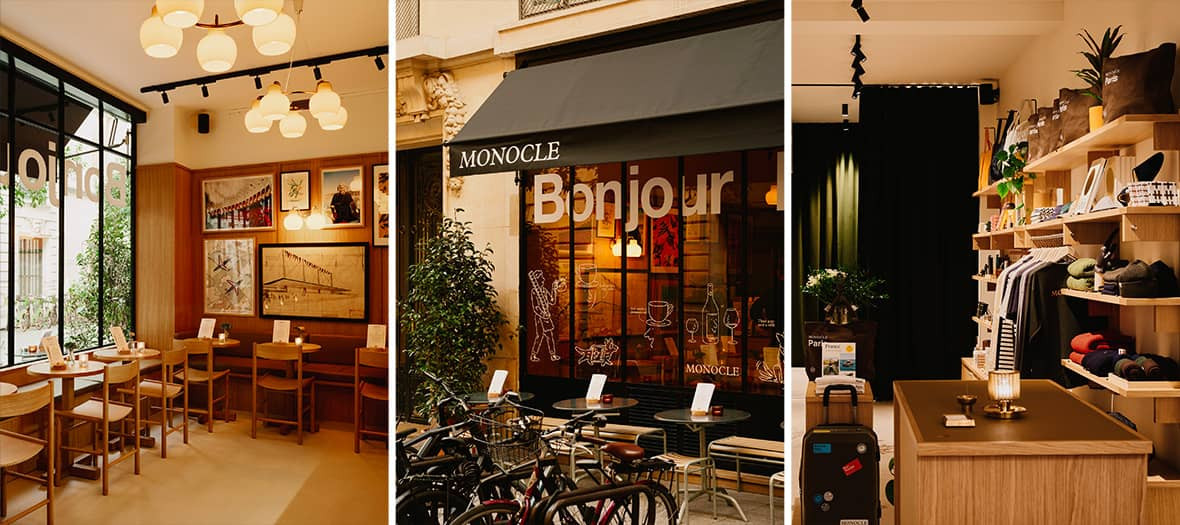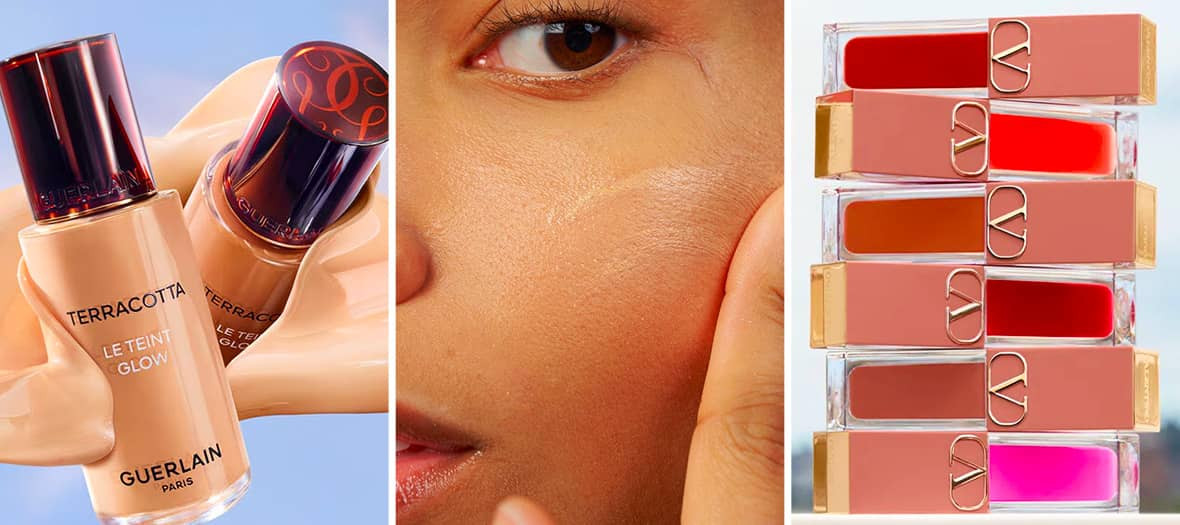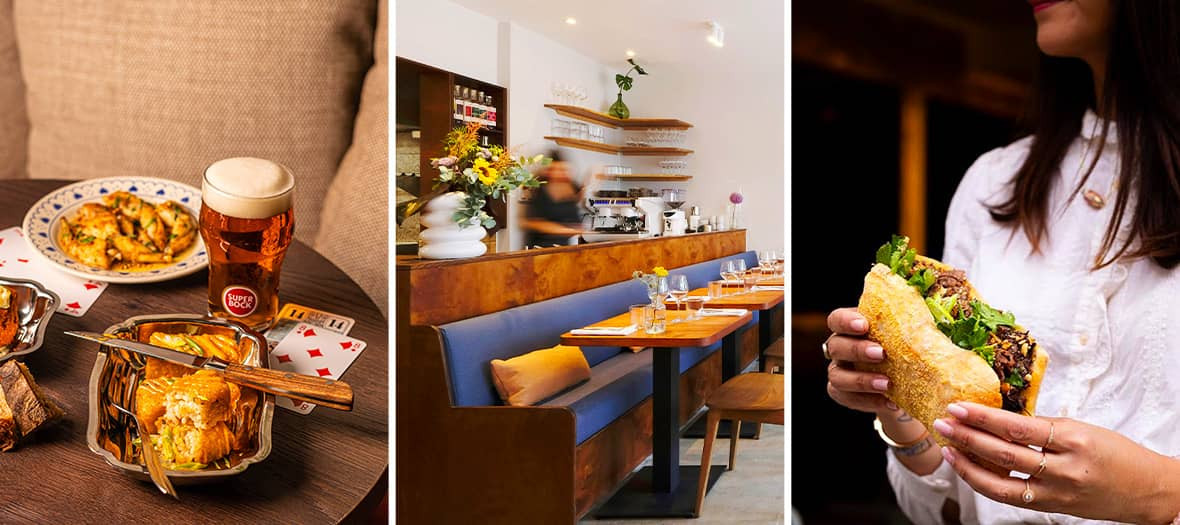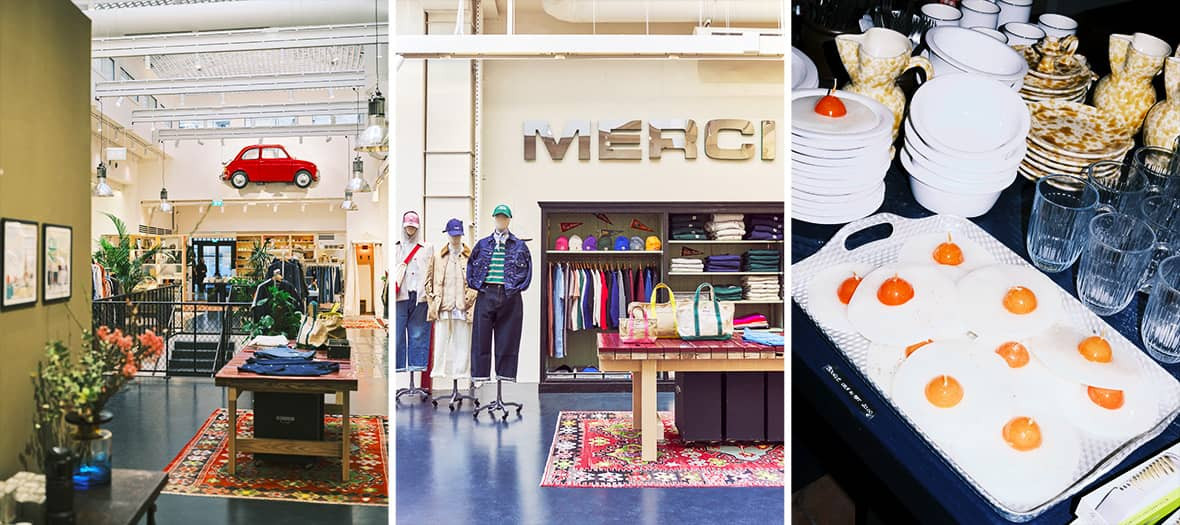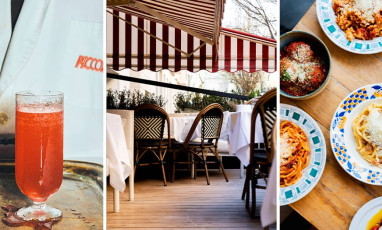In the spotlight of our creams and serums last year, 2024 marks the boom of collagen as a dietary supplement. It can now be found in drinks or powder, and specialized cafes are even popping up! In short, collagen is everywhere. The Do It Team wanted to dig deeper and separate fact from fiction : is collagen a marketing phenomenon or a true beauty ally ? Let's break it down.
What is collagen ?
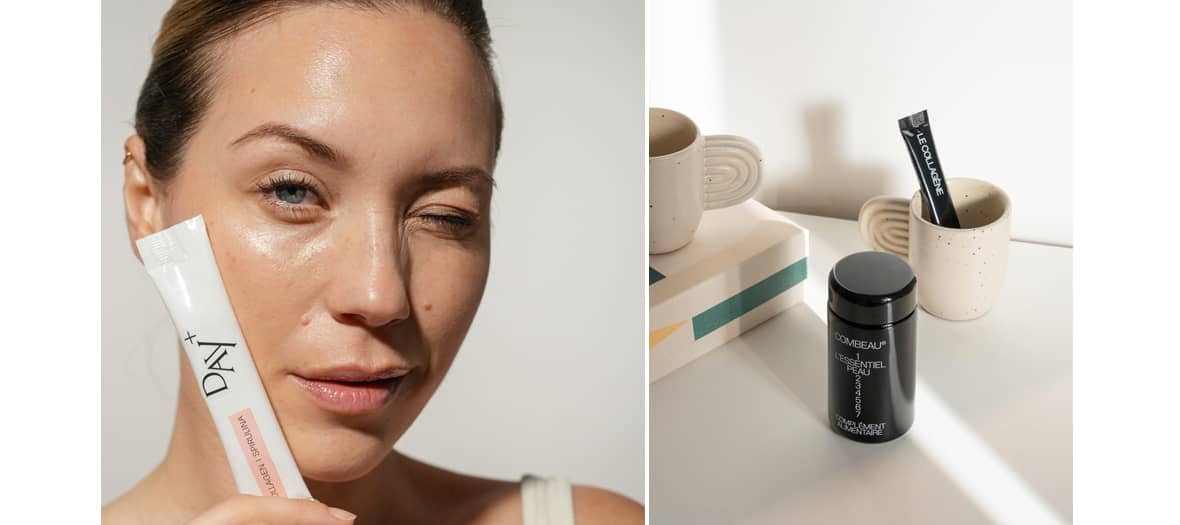
Pauline Gouth, a nutritionist at Dijo, a brand of dietary supplements, first explains that "collagen is the protein responsible for the resistance, elasticity, and integrity of our skin, representing no less than 30% of the proteins in the human body." A significant figure ! While our body produces it naturally, unfortunately, its production slows down from the age of 25, at which point we lose 1% of our collagen-producing capacity ! Yes, less collagen equals dehydration, potential wrinkles, and sagging skin.
The solution ? Regular collagen intake starting at the age of 25: "Today, we can implement processes that will reduce the size of proteins, promote absorption, and trigger results and effectiveness with much less ingested collagen," explains Erika Fogeiro, founder of the Combeau brand.
How to choose the right one ?
The effectiveness of the treatment depends solely on you! Choosing the right one is essential for its success. The quality of collagen, its bioavailability, origin, and packaging – everything matters. Note, in particular, that about thirty types of collagen coexist in the body. When seeking to boost collagen production and improve skin quality, turn to type 1 collagen, the most prevalent in the body.
Also, check its origin, which can be marine (fish scales), animal (collagen is abundant in the bones and skin of cattle), and now synthetic. Marine collagen remains the most effective, with optimum bioavailability compared to others. According to Pauline from Dijo, "animal-origin collagen should be avoided because its molecular structure is not close enough to 'human' collagen, unlike marine collagen, which the body efficiently assimilates."
Check the daltons too – the unit of measurement of collagen's molecular weight. If the weight is between 2000 and 4000, you have a good chance of a successful treatment.
Erika from Combeau also reveals that "collagen is quite fragile. When using large bags that may not seal well, there is a risk of powder compaction or oxidation." Therefore, opt for individually packaged treatments (even if not very eco-friendly) unless you pay great attention to sealing your packaging.
Must-try location : 48 Collagen Café
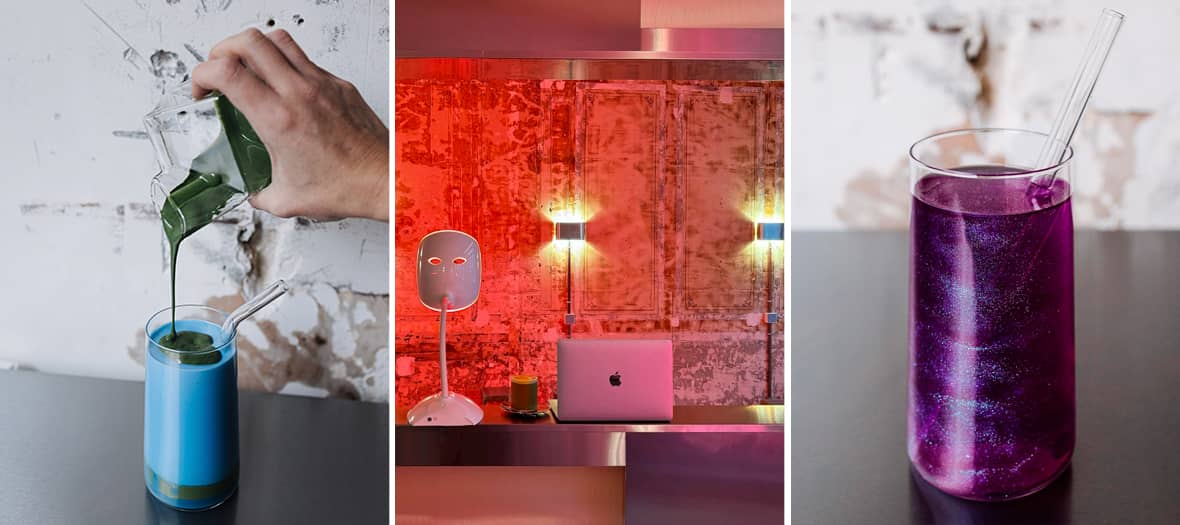
The first of its kind in Paris, 48 Collagen Café, conceived by Amandine Fornot, a true beauty guru passionate about this miraculous molecule, celebrates beauty and well-being. In a sleek space with raw lines draped in stainless steel, you can enjoy hot or cold vitamin-packed drinks, all featuring collagen as the main ingredient, combined with other skin-beneficial actives like turmeric, spirulina, matcha, or activated charcoal. Beautiful and frothy, these naturally colorful, beneficial drinks delight the palate and enhance both our glow and well-being – magical ! Try the Yellowstone Latte, stunning with its improbable colors, combining blue spirulina, turmeric, and beet powder (€8.80). For smoothie enthusiasts, go for the Aura Belle Peau with plant-based milk, Aura powder, red fruits, banana, and almond puree – absolutely delicious (€11.80). Soup addict? The menu offers a collagen soup loaded with actives : Jarmino bone broth concentrate, aromatic herbs, coriander, pollen, puffed buckwheat, and seaweed flakes (€10.80).
48 Collagen Café, 48 rue Lafayette, Paris 9th. Open from Tuesday to Friday from 9 am to 5 pm and Saturdays from 10 am to 4 pm.
Trendy collagen treatments to shop
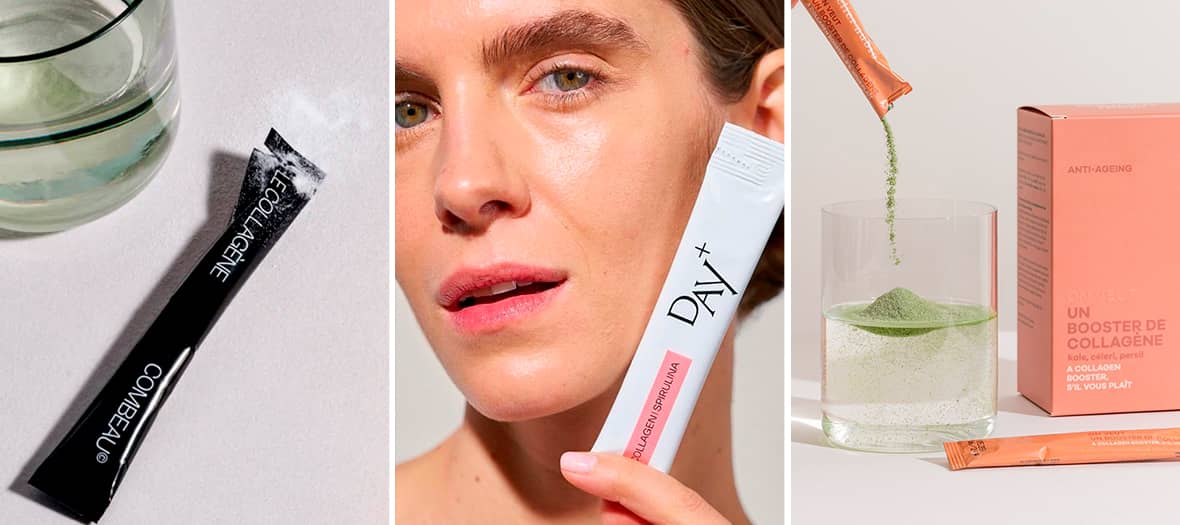
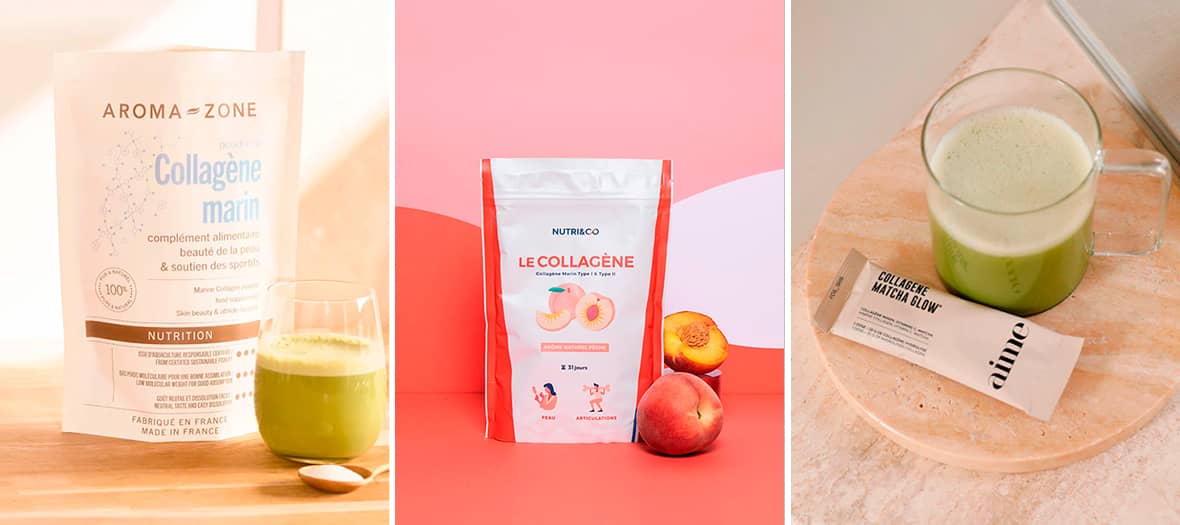
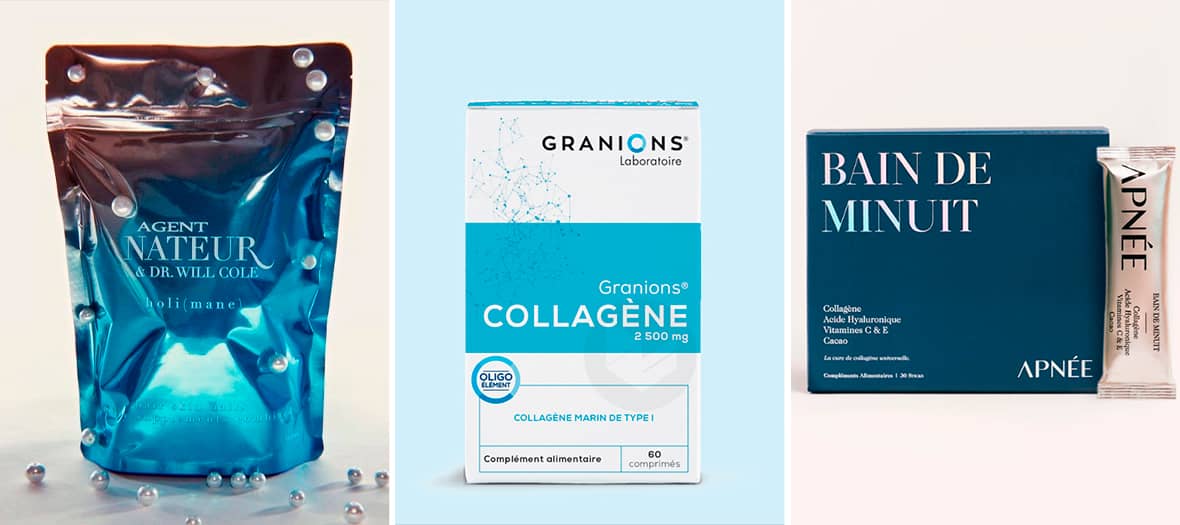
Also discover the best spas in Paris and new express glow treatments worth booking.


